“That sun is hot,” said former President Donald Trump before donning his signature red hat in Coachella, California, over the weekend. Trump held a rally on Saturday (Oct. 12) in the desert city made famous by music festivals, and several Southern California politicians and influencers were in attendance.
After walking out to Lee Greenwood’s “God Bless the U.S.A.,” Trump began his characteristically freewheeling speech with the familiar talking points of crime and immigration, criticizing “Kamala, as she calls herself,” for the nation’s woes.
While most of Trump’s criticism focused on Vice President Kamala Harris, Trump did pause at one point to call President Joe Biden “a weird dude,” in contrast to vice presidential candidate J.D. Vance, whom Trump said “has a very good brain.”
Again focusing on Harris, Trump said that he only refers to the vice president by her first name, wrongly pronounced, “because if I say ‘Harris,’ nobody knows who the hell I’m talking about.”
At the end of his speech, Trump argued that election day will “be the most important day in the history of our country” because “we stand on the verge of the four greatest years in the history of our country.”
Prior to Trump’s speech, the rally featured Southern California natives Pastor Greg Laurie and actor Dennis Quaid.
Pastor Greg Laurie Urges Christians To ‘Vote Biblically’
Laurie, who is a well-known evangelist and the founding pastor of Harvest Christian Fellowship, a multisite church based in Riverside, California, offered an invocation.
“How many of you are proud to be an American today? Raise your hand up,” Laurie said. As the crowd cheered, Laurie nodded and said, “I thought so.”
“How many of you fly an American flag outside of your house? I do too,” he added. “Some of you fly really big American flags on your trucks; I’ve seen it.”
“You know, there are those who would try to marginalize us who are Christians and call us Christian nationalists,” Laurie went on to say. “And I consider myself a Christian patriot, and I’m proud of that.”
“We’re not trying to impose our faith on anyone else. We want the same First Amendment rights that all Americans have to stand boldly for our faith and say what is true,” Laurie said. “We’re not trying to push that on anyone, but we do want to share it.”
Explaining that “Jesus called us to be both salt and light,” Laurie argued that voting is an essential aspect of a Christian’s role of being a moral “preservative.”
“So I am urging everyone who claims to be a follower of Jesus Christ to vote and to vote biblically in this election,” Laurie said. “No election in my lifetime is as consequential as this one, so we all need to engage.”
RELATED: Donald Trump’s Favorite Bible Might Be on the Way to Oklahoma Schools
Laurie then led rally goers in prayer.
“Father, America was your idea before it was the idea of any man,” Laurie prayed, going on to say that the United States’ wealth and prosperity has allowed it to “be a blessing to the world.”
“Lord, you’ve blessed America, and we all have benefited from that blessing,” Laurie said. While Laurie prayed a blessing on all political leaders, he prayed “especially for our friend today, President Donald Trump.”

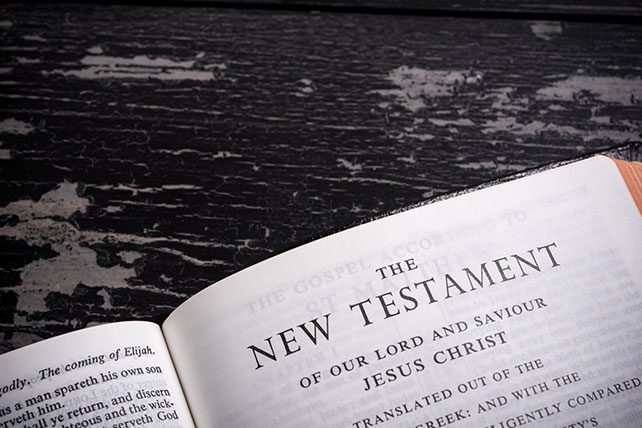
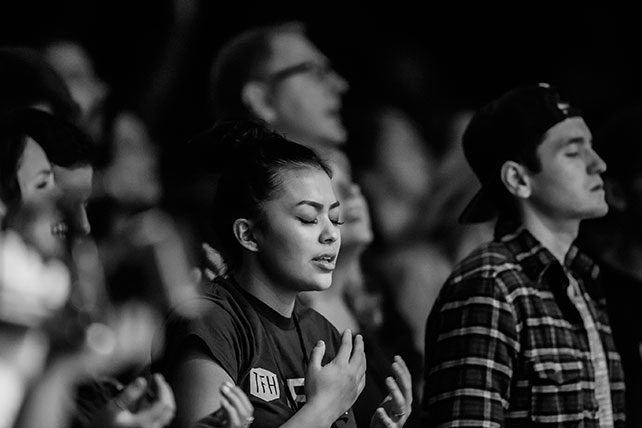


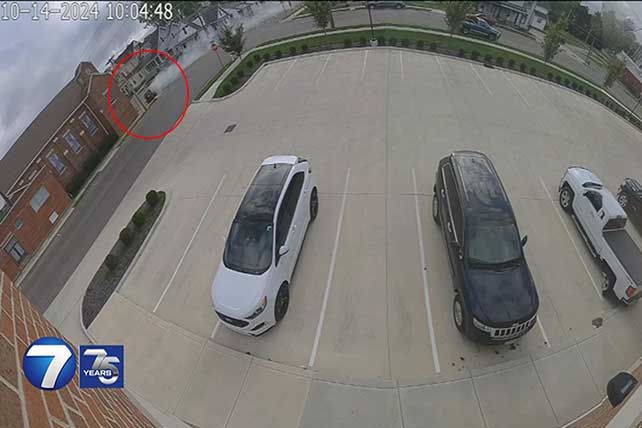
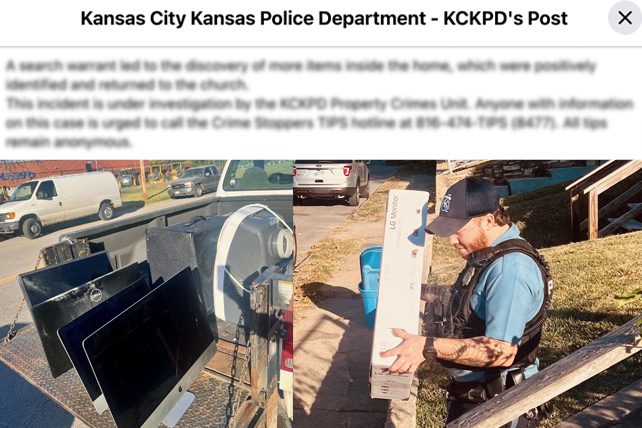







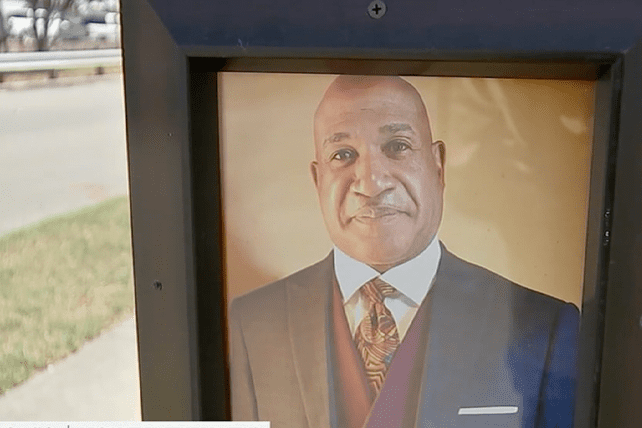


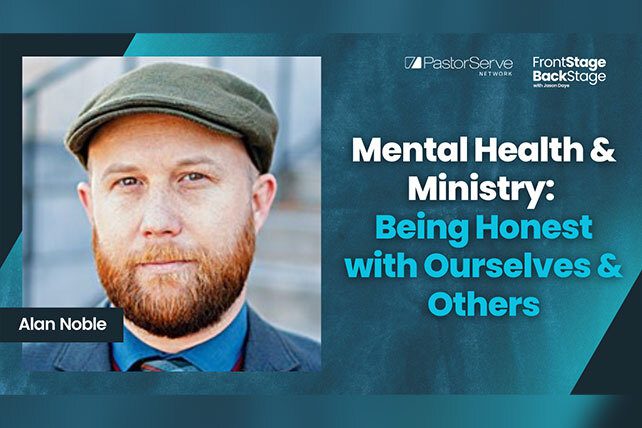
 As ministry leaders, how can we honestly approach our own mental and emotional struggles and create safe spaces for others to do the same? In this week’s conversation on FrontStage BackStage, host Jason Daye is joined by Alan Noble. Alan is a professor at Oklahoma Baptist University. He is the co-founder and editor-in-chief of “Christ and Pop Culture” and an award-winning author. His most recent book is titled “On Getting Out of Bed.” Together, Alan and Jason look at the reality of mental afflictions and how they relate to our spirituality. Alan then shares from his own experiences some words of caution and encouragement on how we can address mental health in ministry.
As ministry leaders, how can we honestly approach our own mental and emotional struggles and create safe spaces for others to do the same? In this week’s conversation on FrontStage BackStage, host Jason Daye is joined by Alan Noble. Alan is a professor at Oklahoma Baptist University. He is the co-founder and editor-in-chief of “Christ and Pop Culture” and an award-winning author. His most recent book is titled “On Getting Out of Bed.” Together, Alan and Jason look at the reality of mental afflictions and how they relate to our spirituality. Alan then shares from his own experiences some words of caution and encouragement on how we can address mental health in ministry.









